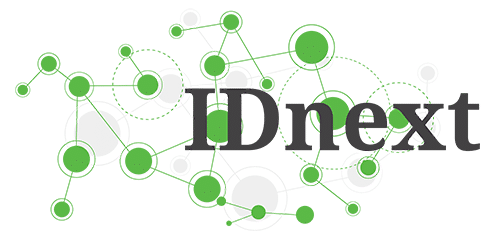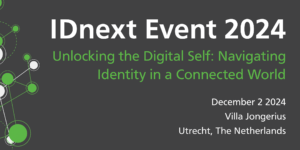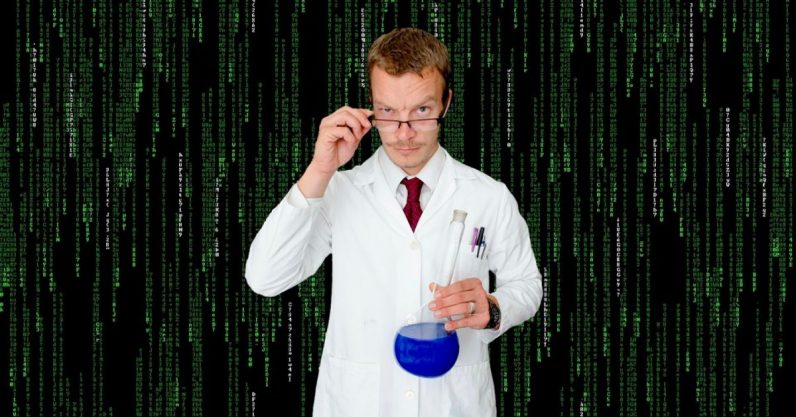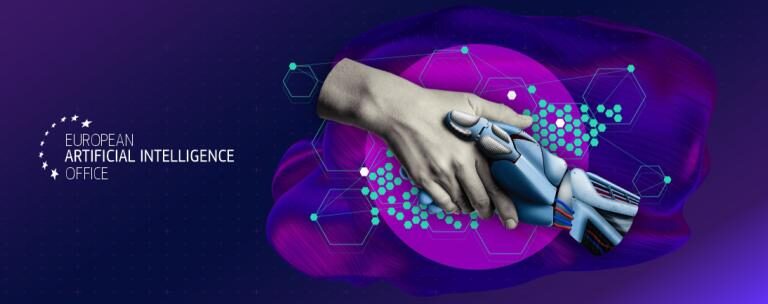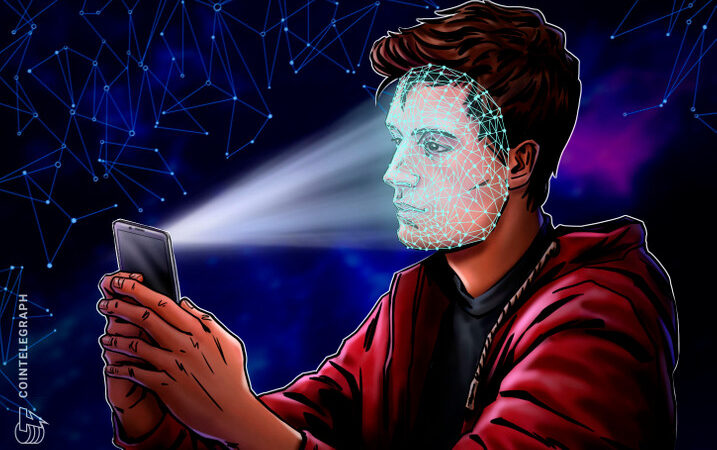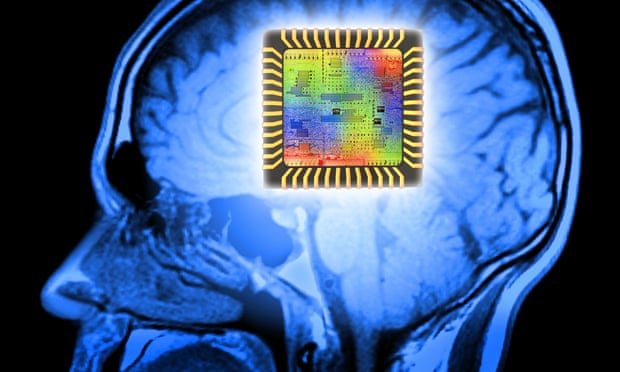Artificial intelligence is one of the fastest moving and least predictable industries. Just think about all the things that were inconceivable a few years back: deepfakes, AI-powered machine translation, bots that can master the most complicated games, etc.
But it never hurts to try our chances at predicting the future of AI. We asked scientists and AI thought leaders about what they think will happen in the AI space in the year to come. Here’s what you need to know.
AI will make healthcare more accurate and less costly
As Jeroen Tas, Philips’ Chief Innovation & Strategy Officer, told TNW: “AI’s main impact in 2020 will be transforming healthcare workflows to the benefit of patients and healthcare professionals alike, while at the same time reducing costs. Its ability to acquire data in real-time from multiple hospital information flows – electronic health records, emergency department admissions, equipment utilization, staffing levels etc. – and to interpret and analyze it in meaningful ways will enable a wide range of efficiency and care enhancing capabilities.”
This will come in the form of optimized scheduling, automated reporting, and automatic initialization of equipment settings, Tas explained, which will be customized “to an individual clinician’s way of working and an individual patient’s condition – features that improve the patient and staff experience, result in better outcomes, and contribute to lower costs.”
“There is tremendous waste in many healthcare systems related to complex administration processes, lack of preventative care, and over- and under-diagnosis and treatment. These are areas where AI could really start to make a difference,” Tas told TNW. “Further out, one of the most promising applications of AI will be in the area of ‘Command Centers’ which will optimize patient flow and resource allocation.”
Philips is a key player in the development of necessary AI-enabled apps seamlessly being integrated into existing healthcare workflows. Currently, one in every two researchers at Philips worldwide work with data science and AI, pioneering new ways to apply this tech to revolutionizing healthcare.
To read the full article on TNW please click here.
